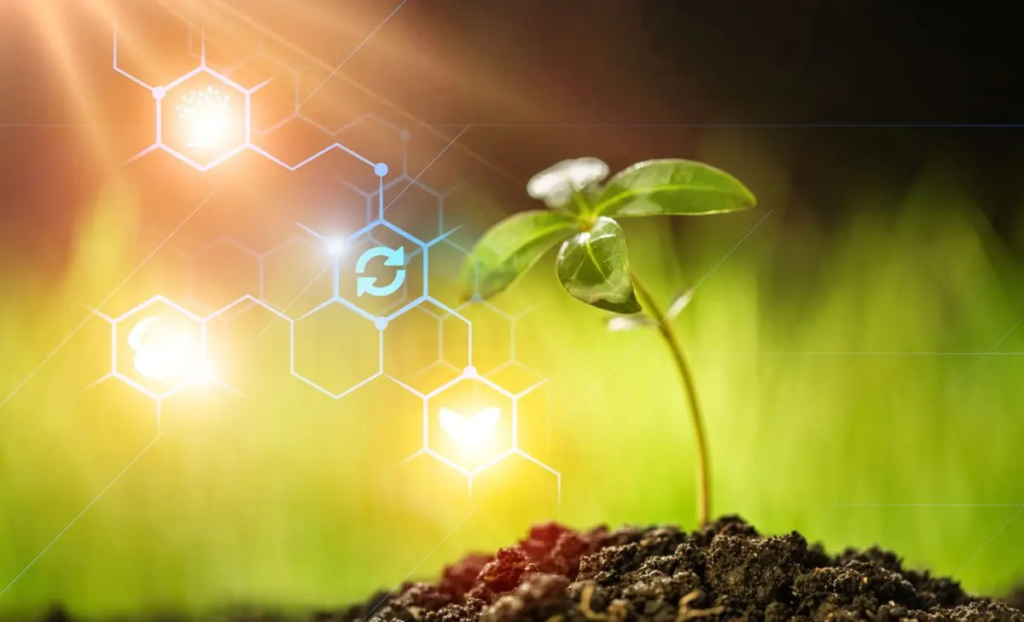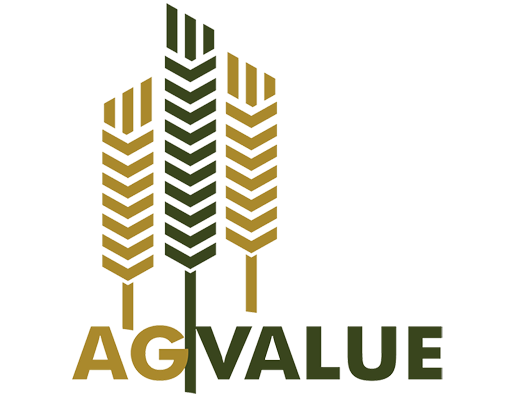
- AgValue Consulting
- September 15, 2024
- 7:09 pm
- 3 minutes
Nanotechnology Could Transform Agriculture and Boost Sustainability
At AgValue Consulting, we remain committed to understanding the latest advancements in agricultural technologies and their impact on farm management, appraisals, and valuations. The increasing use of nanotechnology in agriculture, as outlined in a recent report from Purdue University, presents a promising avenue for improving agricultural sustainability, crop yields, and environmental management.
The research conducted by a team at Purdue University, led by Assistant Professor Kurt Ristroph, highlights the potential of nanoscale particles, specifically nanocarriers, to address a variety of pressing agricultural challenges. These include the rising demand for food, increasing greenhouse gas emissions, and the degrading quality of soils, all of which are compounded by climate change. Nanocarriers, which have previously been applied in the field of nanomedicine, could soon be used in crop agriculture to make farming more resilient and sustainable.
What is Nanotechnology?
Nanotechnology involves the manipulation and application of materials at the nanoscale, typically between 1 and 100 nanometers. To put that into perspective, one nanometer is about 1/100,000th the width of a human hair. At this scale, materials exhibit unique physical and chemical properties that differ from their larger-scale counterparts, making them useful in a variety of industries, including medicine, electronics, and now agriculture.
In agriculture, nanotechnology focuses on the development of nanoscale particles known as nanocarriers, which are designed to deliver specific agents such as nutrients, pesticides, or genetic material directly to plants. These nanocarriers can navigate through plant structures, targeting specific cells or areas where they are most needed. By improving the precision and efficiency of delivery, nanotechnology aims to enhance crop growth, protect plants from disease, reduce the use of chemicals, and ultimately create a more sustainable agricultural system.
This revolutionary technology not only improves how we manage crops but also holds the potential to significantly reduce environmental impact, cutting down on waste, minimizing runoff, and ensuring that resources are used more effectively.
Nanotechnology’s Agricultural Applications
Nanoparticles, particularly those designed to carry and deliver specific agents, could revolutionize how we apply agrochemicals. The precision offered by these nanocarriers ensures that pesticides, fertilizers, and other critical agents are delivered directly to where they are needed most within the plant. This reduces waste, cuts costs, and improves the efficiency of resource use.
The application of this technology is still in its early stages, but researchers believe that the knowledge gained from nanomedicine—where nanoparticles are designed to target specific organs in the human body—can be transferred to agriculture. By developing nanoparticles that can move effectively through plant structures and deliver their payloads to targeted areas, we may be able to significantly enhance crop resilience and yield, even in challenging climates.
Economic and Appraisal Impacts
The widespread adoption of nanotechnology in agriculture is likely to have several key implications for farm management and valuations. Farms that implement these advanced technologies can expect improved productivity, which could enhance overall profitability. This, in turn, could drive up the value of agricultural lands that incorporate nanotechnology in their farming practices. Additionally, the scalability and manufacturability of nanocarriers, which are crucial factors in their success, will play a role in determining how quickly and broadly these technologies can be applied in the field.
As we assess the future of agricultural lands, the incorporation of nanotechnology will likely be a factor influencing appraisals. Farms that are early adopters of such technologies may see an increase in both crop yields and land values due to their advanced farming practices. At AgValue Consulting, we are dedicated to staying at the forefront of these developments and providing insights on how innovations in technology affect the agricultural landscape.
Looking Ahead
Nanotechnology has the potential to make a significant impact on the agricultural industry by helping farmers manage crops more efficiently and sustainably. As this technology evolves, it is poised to play a vital role in addressing the environmental and economic challenges that face modern agriculture.
At AgValue Consulting, we understand the importance of factoring technological advancements into our appraisals and valuations. By staying informed about these emerging trends, we can provide our clients with the most accurate and forward-thinking assessments. If you are interested in learning more about how nanotechnology could impact the value of your agricultural assets, contact AgValue Consulting today. We’re here to help you navigate the future of farming.
